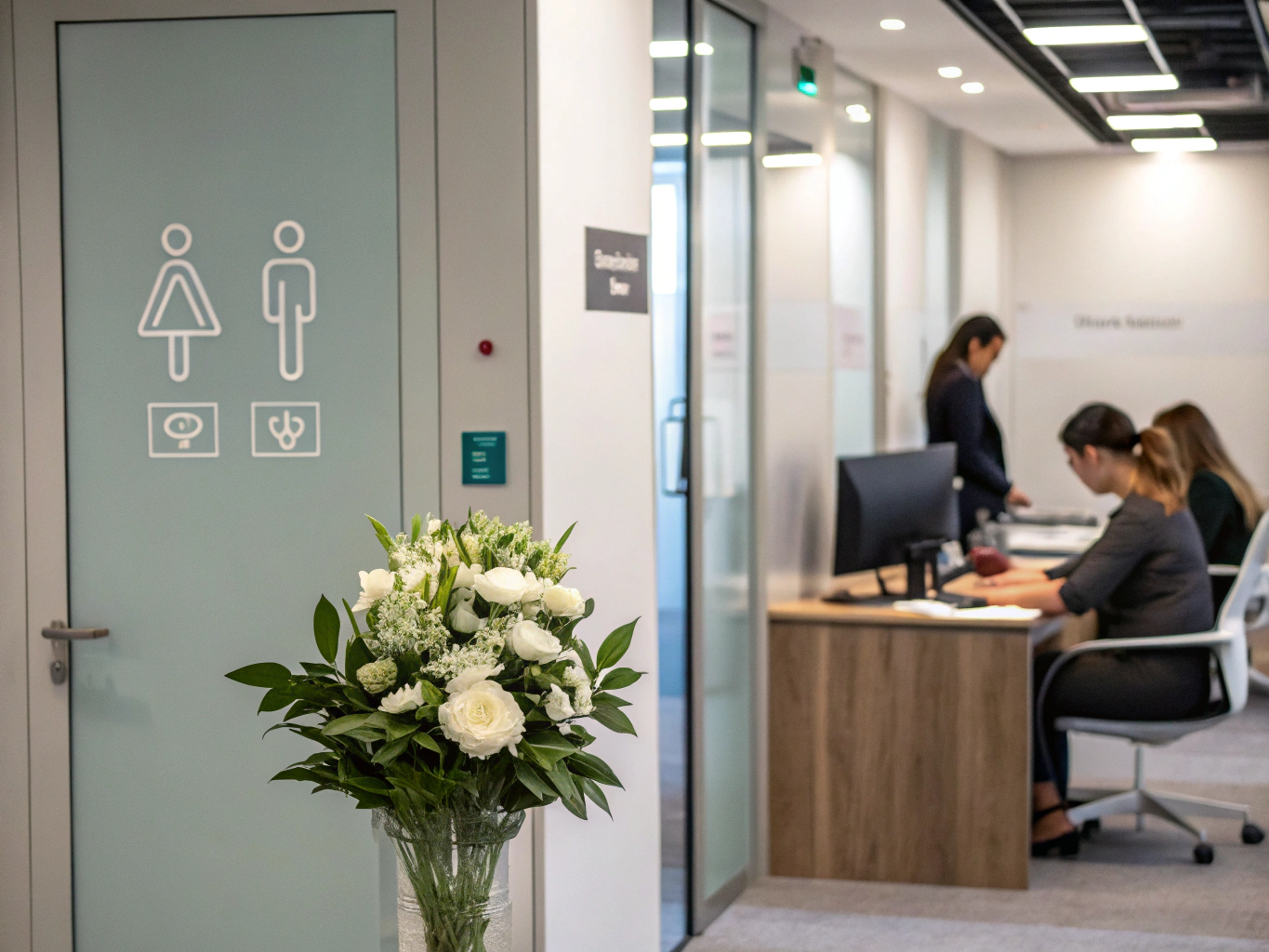Definition
A Candidate Portal is a user-friendly online platform designed to streamline the job application process for candidates. It serves as a central hub where job seekers can submit applications, browse job listings, track their application status, and communicate directly with the HR department. By facilitating efficient interactions, a Candidate Portal enriches the hiring experience for both candidates and employers.
Key Components
Building an effective Candidate Portal requires careful consideration of several key components that can enhance user experience and streamline the recruitment process.
- Intuitive User Interface: A clean and easy-to-navigate design ensures that candidates can quickly find job postings and submit their applications without frustration. For example, using clear buttons and simple language can make a significant difference in user engagement.
- Applicant Tracking System (ATS) Integration: Integrating the portal with an ATS allows recruiters to manage applications more efficiently. This system can automate resume sorting and candidate communication, reducing the manual workload on HR teams.
- Mobile Compatibility: With many candidates applying via smartphones, ensuring that your portal is mobile-friendly is crucial. A responsive design allows users to apply for jobs from anywhere, increasing your reach to tech-savvy talent.
- Real-Time Updates: Providing candidates with real-time updates on their application status fosters transparency and keeps them engaged. For instance, sending automated emails when their application is received or reviewed can enhance the candidate experience.
- Resource Center: Including a section with helpful resources—like interview tips, company culture insights, or FAQs—can assist candidates in preparing for their applications and interviews, making them feel more connected to your organization.
Importance in the Workplace
The Candidate Portal is more than just a digital application form; it plays a vital role in how your organization presents itself to potential employees. A well-designed portal can significantly influence a candidate’s perception. For instance, if a candidate finds your portal easy to use and informative, they are more likely to feel positively about your company.
Moreover, by centralizing applications and communication, it eliminates confusion and minimizes delays. Imagine a scenario where a candidate applies for a position and receives timely updates—this not only keeps them engaged but also reflects well on your company’s professionalism and efficiency.
Best Practices
To make the most of your Candidate Portal, consider these actionable best practices that can enhance its effectiveness:
- Regularly Update Job Listings: Ensure that job postings are current and accurately reflect open positions. An outdated portal can lead to frustration for candidates and can deter potential applicants.
- Provide Clear Instructions: Offer step-by-step guidance on how to apply, what documents to submit, and any specific qualifications needed. This can reduce confusion and improve the quality of applications you receive.
- Encourage Feedback: Create a feedback mechanism where candidates can share their experiences with the portal. Use this information to make continuous improvements, showing candidates that you value their input.
- Showcase Company Culture: Use engaging visuals, testimonials, and stories to give candidates a sense of your workplace culture. This can help attract candidates who align with your values and mission.
- Monitor Analytics: Utilize data to track how candidates are interacting with your portal. This can help you identify areas for improvement, such as high drop-off points during the application process.
Legal Considerations
When implementing a Candidate Portal, it’s essential to keep in mind various legal considerations that can affect both candidates and your organization. Ensure that your portal complies with data protection regulations, such as the General Data Protection Regulation (GDPR) if you operate in or hire candidates from the European Union. This involves securing personal data and being transparent about how it will be used.
Additionally, make sure to provide equal access to all candidates, adhering to the Americans with Disabilities Act (ADA) in the U.S. This might mean ensuring that your portal is accessible for individuals with disabilities, such as offering screen reader compatibility or alternative text for images.
Conclusion
Understanding and implementing a Candidate Portal can significantly enhance your recruitment process and improve the candidate experience. By creating a streamlined, user-friendly platform that reflects your company’s values and communicates effectively with potential hires, you position your organization as an attractive workplace. Investing in a well-designed Candidate Portal not only helps you attract the best talent but also sets the foundation for a positive employer brand.




